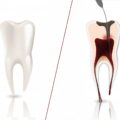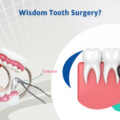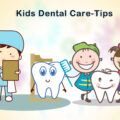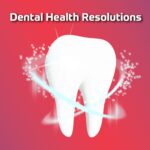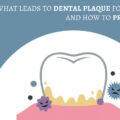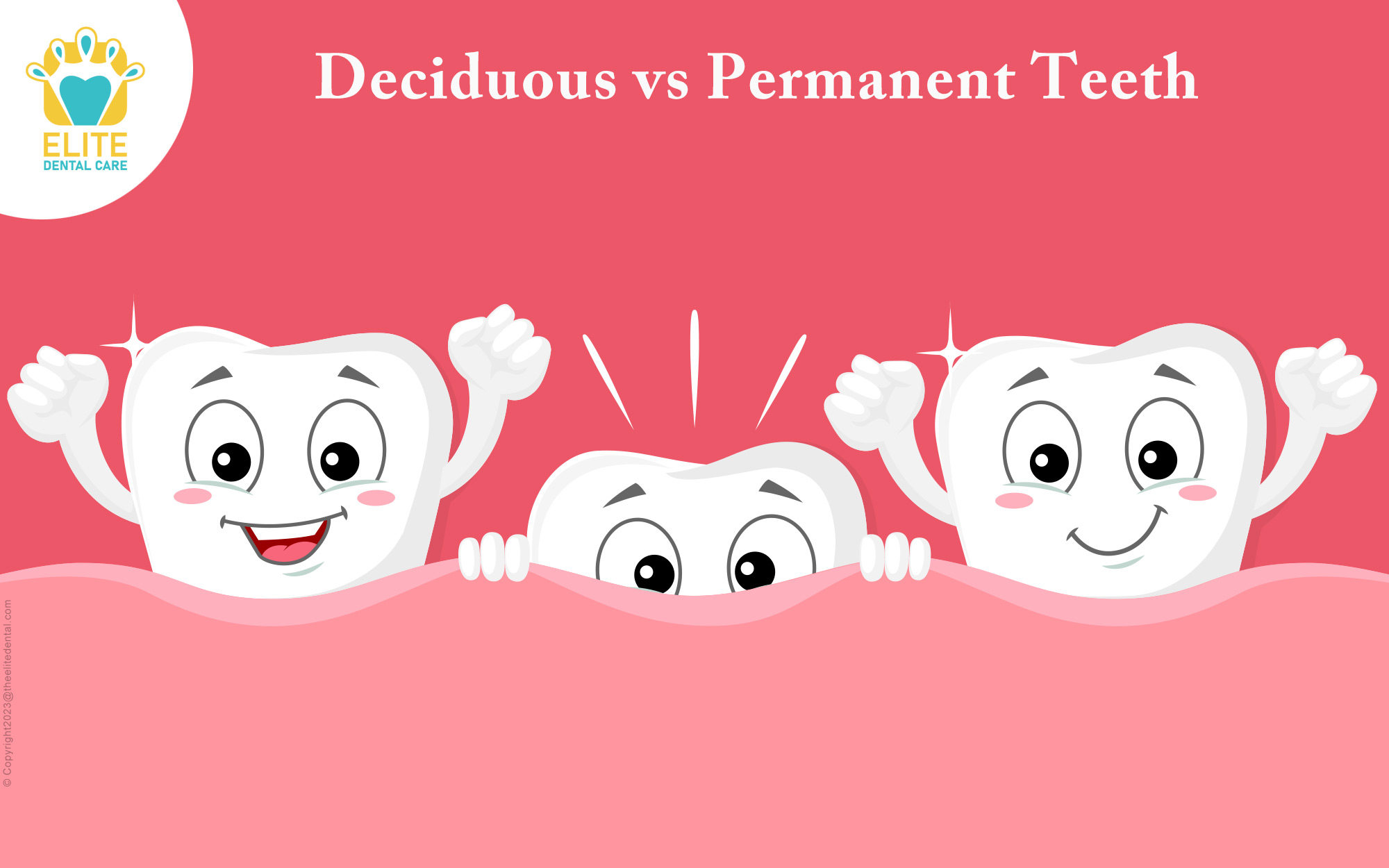
dental careoral healthTooth Extraction
edental
9 January 2023
Deciduous vs Permanent Teeth
Introduction
When it comes to our teeth, there are two main types: deciduous and permanent. Each type of tooth has its own unique advantages and disadvantages, so it can be helpful to understand the pros and cons of each before deciding which type of tooth is best for your individual needs.
What are Deciduous Teeth?
Deciduous teeth, otherwise known as baby teeth or primary teeth, are the first set of teeth to erupt in a child’s mouth. Generally, deciduous teeth begin to appear around six months of age, and the entire set of 20 teeth should be fully developed by the time the child is three years old. Deciduous teeth typically last until the child is around 12 years old when they are replaced with permanent, or secondary, teeth.
Advantages and Disadvantages of Deciduous Teeth?
- The primary benefit of deciduous teeth is that they are made from a softer material than permanent teeth, so they are generally less prone to decay and cavities. Additionally, deciduous teeth are often slightly more sensitive to pain than permanent teeth, so children may be more comfortable with them.
- The main disadvantage to deciduous teeth is that they are not as strong as permanent teeth and can be prone to wear and tear more easily.
What are Permanent Teeth?
Permanent teeth, also known as secondary teeth, are the adult set of teeth that will remain in the mouth for the remainder of the individual’s life. Generally, the permanent teeth begin to emerge around the age of six, and the full set of permanent teeth should be completed by age 21.
Advantages and Disadvantages of Permanent Teeth?
- The primary benefit of permanent teeth is that they are much sturdier and less prone to decay and cavities than deciduous teeth. Additionally, permanent teeth have greater longevity than deciduous teeth, so they don’t need to be replaced as often.
- The main disadvantage to permanent teeth is that they are generally more painful when they emerge and more prone to cracking and chipping than deciduous teeth.
Conclusion
Overall, the decision of whether to choose deciduous or permanent teeth is largely dependent on the individual’s needs and preferences. Deciduous teeth may be preferable for children who are more sensitive to pain or for those who are at greater risk of tooth decay, as they are made from softer material and are less prone to cavities and decay.
Conversely, permanent teeth may be preferred by those who prioritize strength and longevity, as they are more resistant to wear and tear and last longer than deciduous teeth. Ultimately, it is important to speak with a qualified dental professional to determine which type of tooth is best for the individual needs.
